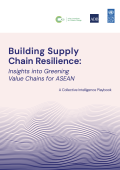
This case study highlights how Malaysia’s Greening Value Chain Programme offers lessons for helping ASEAN’s SMEs cut carbon, save costs and stay competitive.
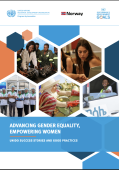
This collection of success stories highlights how women are leading change boosting access to clean energy, strengthening agribusinesses and improving global supply chains.
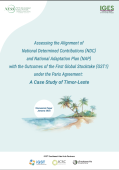
This assessment takes a look at the country’s Nationally Determined Contributions and National Adaptation Plan against the outcomes of the first Global Stocktake.
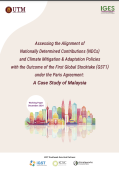
This report evaluates how closely the outcomes of first global stocktake align with Malaysia’s current NDCs and other climate policies for mitigation and adaptation.

The flyer describes in a short and concise way a procedural model for the development of policy instruments for resource efficiency for manufacturing industries. Based on five principles of action: docking, impact, urgency, prioritization and integration and a phase model, the concrete results of the application in the Argentine metal processing industry are described.
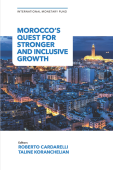
This book highlights the economic progress made by Morocco in recent decades and discusses the country's structural reform agenda that is more inclusive and private sector-led.
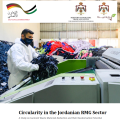
This study aims to find ways to reduce textile and garment waste by identifying opportunities for recycling, upcycling and reusing in Jordan's Al-Hassan industrial zone, and turning it into a valuable resource.
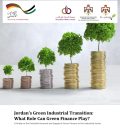
This study investigates the current and potential barriers to increasing the supply and demand of green finance, and its accessibility to the industrial sector in Jordan.
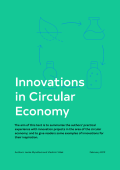
This case study provides practical experience with innovation projects in the area of the circular economy.
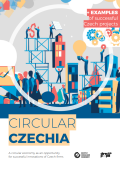
This case study outlines current barriers - cultural, market, technological and regulatory barriers - to achieve a circular economy in the Czech Republic and how to remove them.
